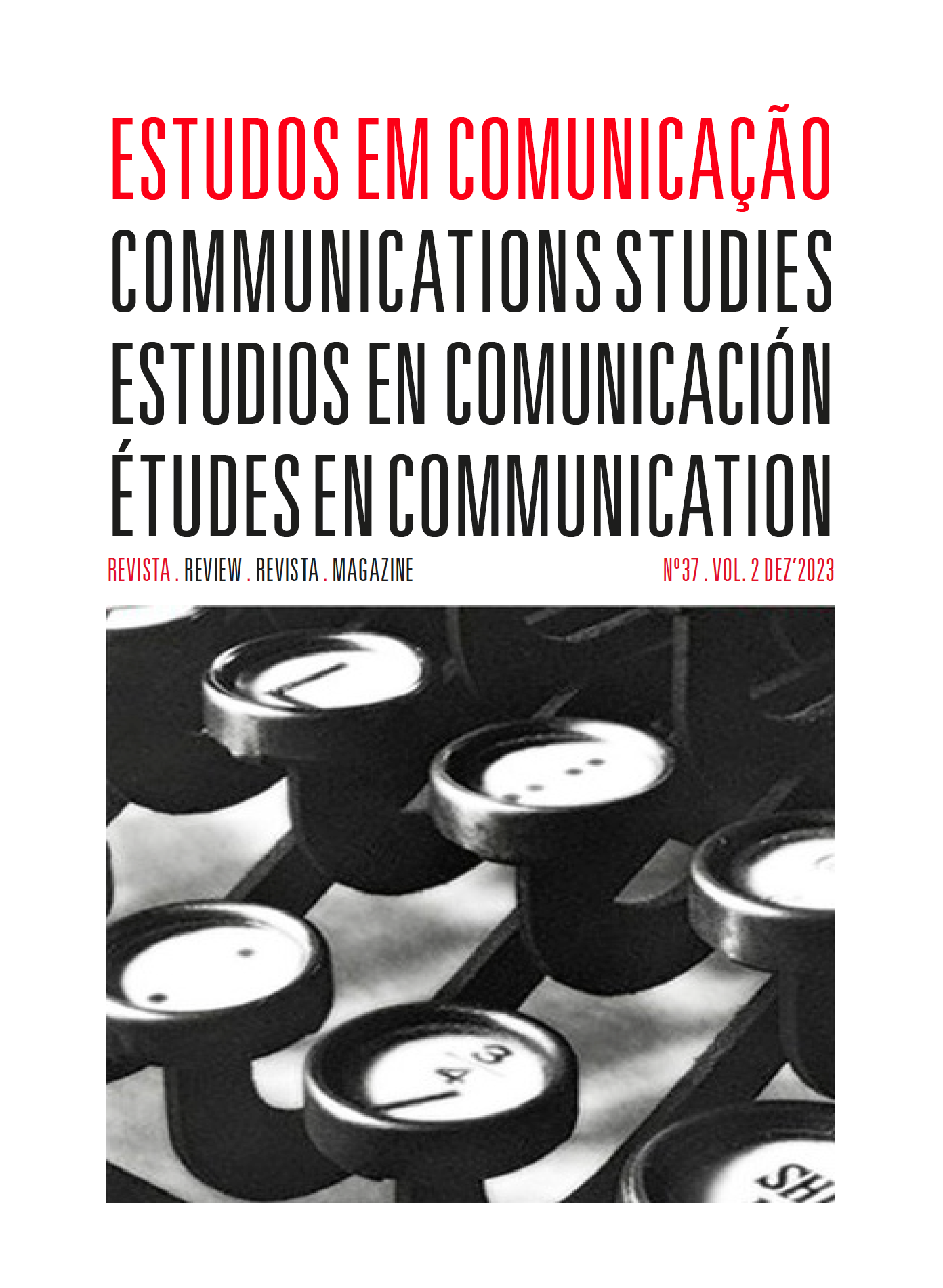Online social networks in the social inclusion of Portuguese seniors: a way to "Approach, Communicate and Support”
Abstract
The risks of loneliness, illness and loss of autonomy are commonly associated with old age (Daniel et al., 2015). Assuming that new mediated forms of socialization emerge from online social networks (OSR) (Amaral & Sousa, 2009), we look at their use as a way of dealing with risks related to the social inclusion of seniors and dampening or counteracting conditions of less autonomy, mobility and less probability of social interaction.
Starting from the theoretical approaches of uses and gratifications and those related to social capital, we sought to assess whether the use of online social networks had an impact on social well-being, increased self-esteem, and decreased loneliness of surveyed seniors.
A mixed methods methodological strategy was followed, which included the application of an online questionnaire and semi-structured interviews. Based on a conceptual model of social capital that encompasses the Relational, Cognitive, Structural, Bonding and Bridging dimensions, the research corroborated the hypothesis that OSR positively contribute to the social capital of the surveyed seniors. Our results also reveal that with these new forms of active and social participation of seniors in online social networks, these are understood by respondents as beneficial to their well-being and are perceived as means to “Approach, Communicate and Support".
Downloads
Published
Issue
Section
License

This work is licensed under a Creative Commons Attribution-NonCommercial-NoDerivatives 3.0 Unported License.
Estudos em Comunicação/Communication Studies is an Open Access journal. All its content is freely available without charge to the user or his institution. Users are allowed to read, download, copy, distribute, print, search, or link to the full texts of the articles in this journal without asking prior permission from the publisher or the author. Estudos em Comunicação, by Labcom, is licensed under a Creative Commons Atribuição-NãoComercial-SemDerivações 3.0 Unported License. By submitting your work to Estudos em Comunicação/Communication studies you confirm you are the author and own the copyright, that the content is original and previously unpublished, and that you agree to the licensing terms.


